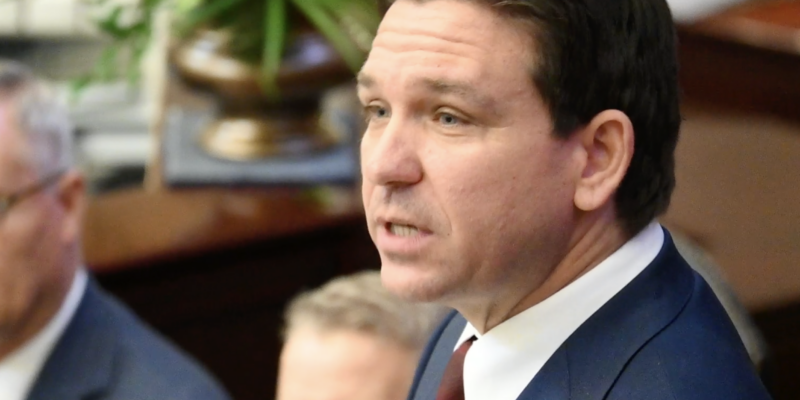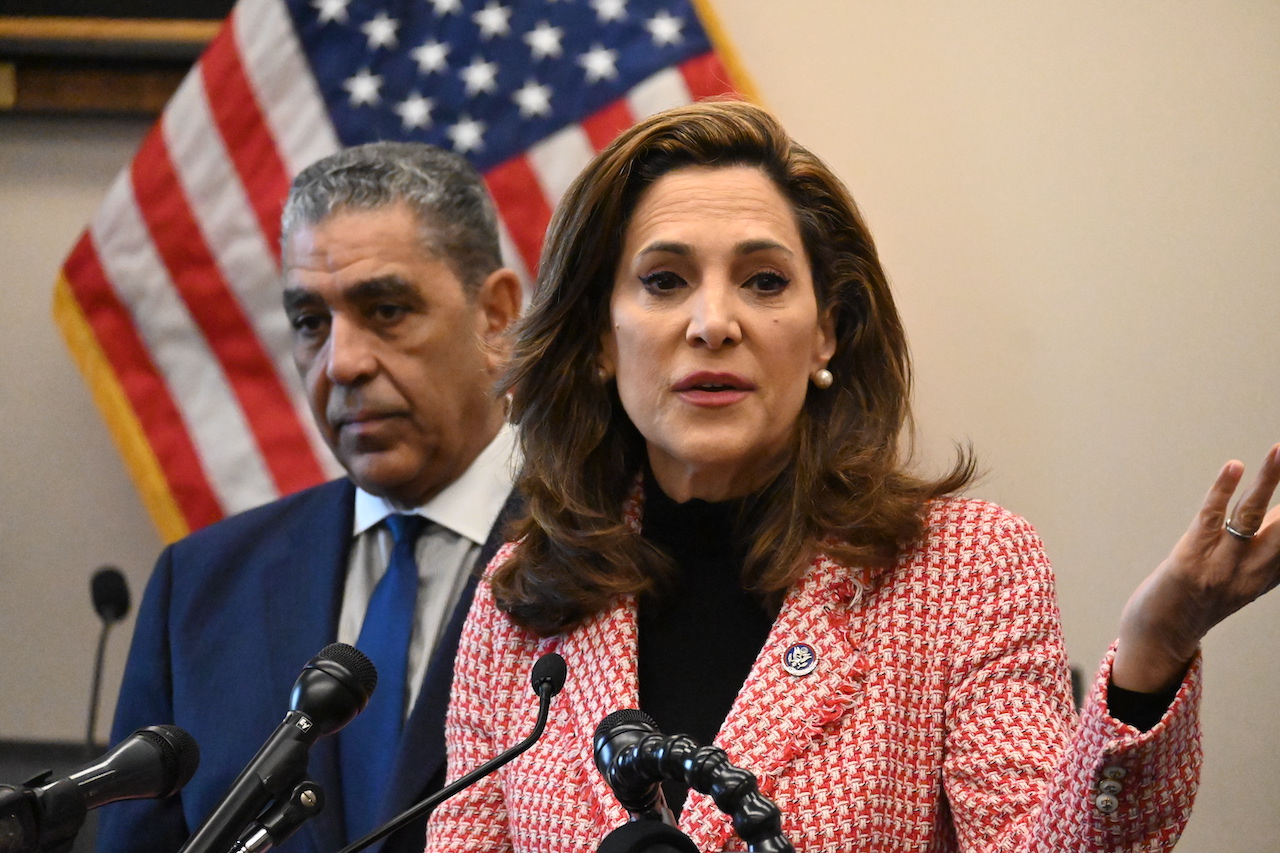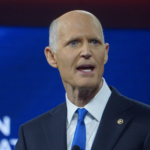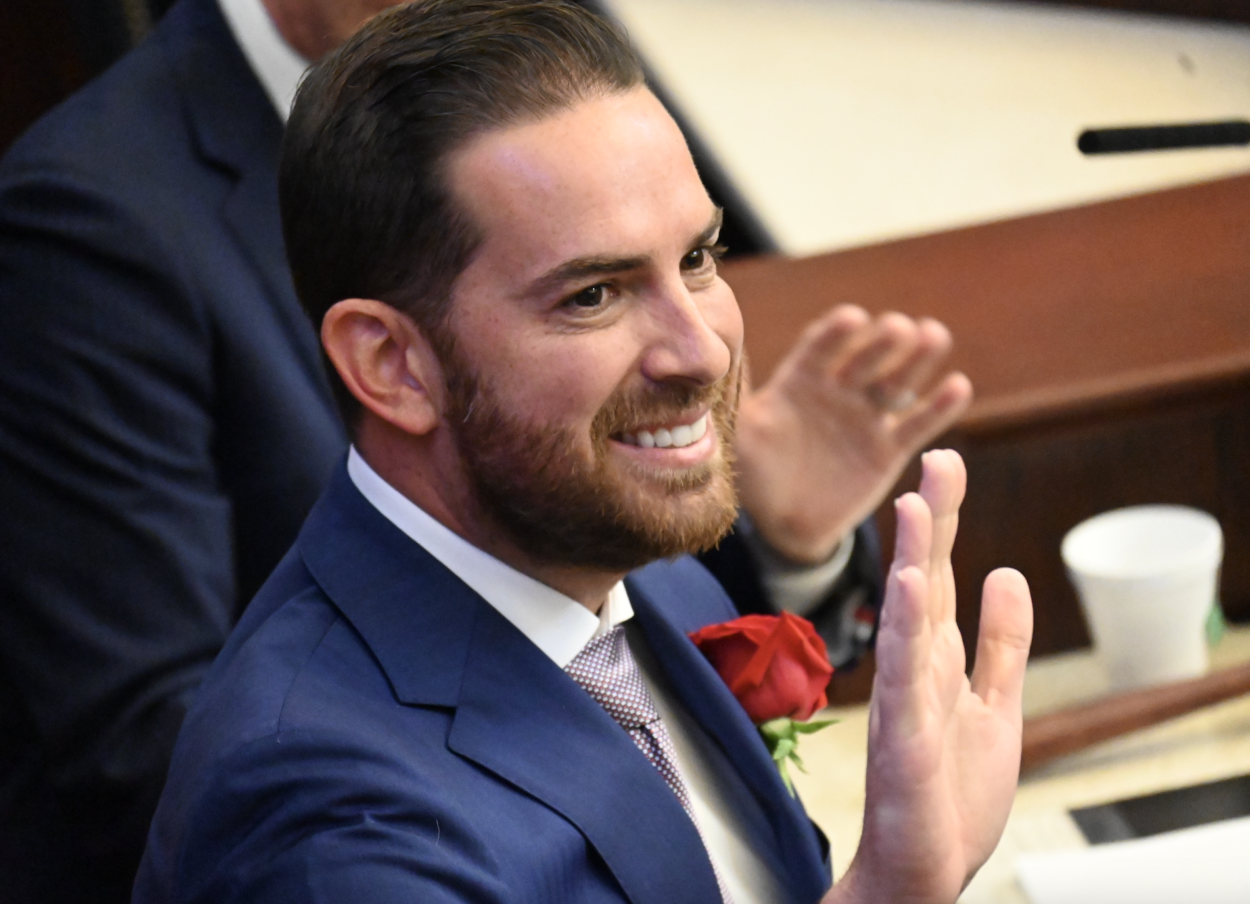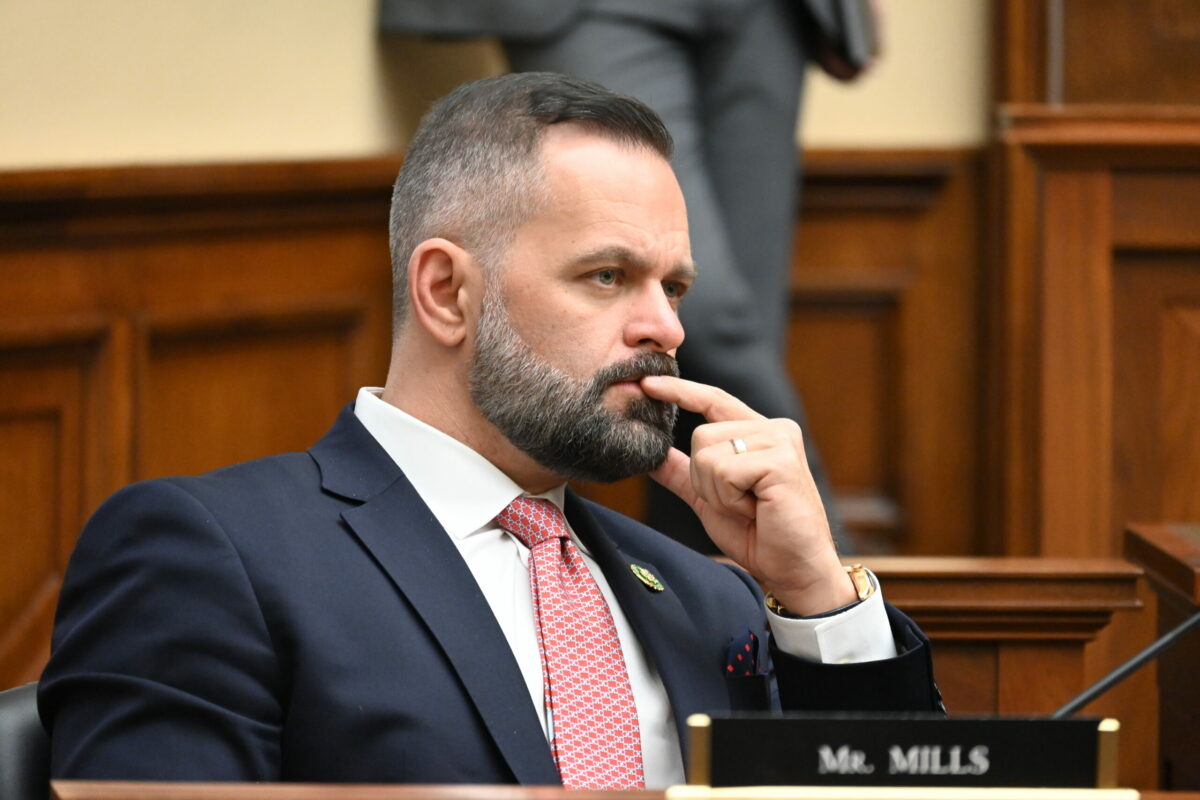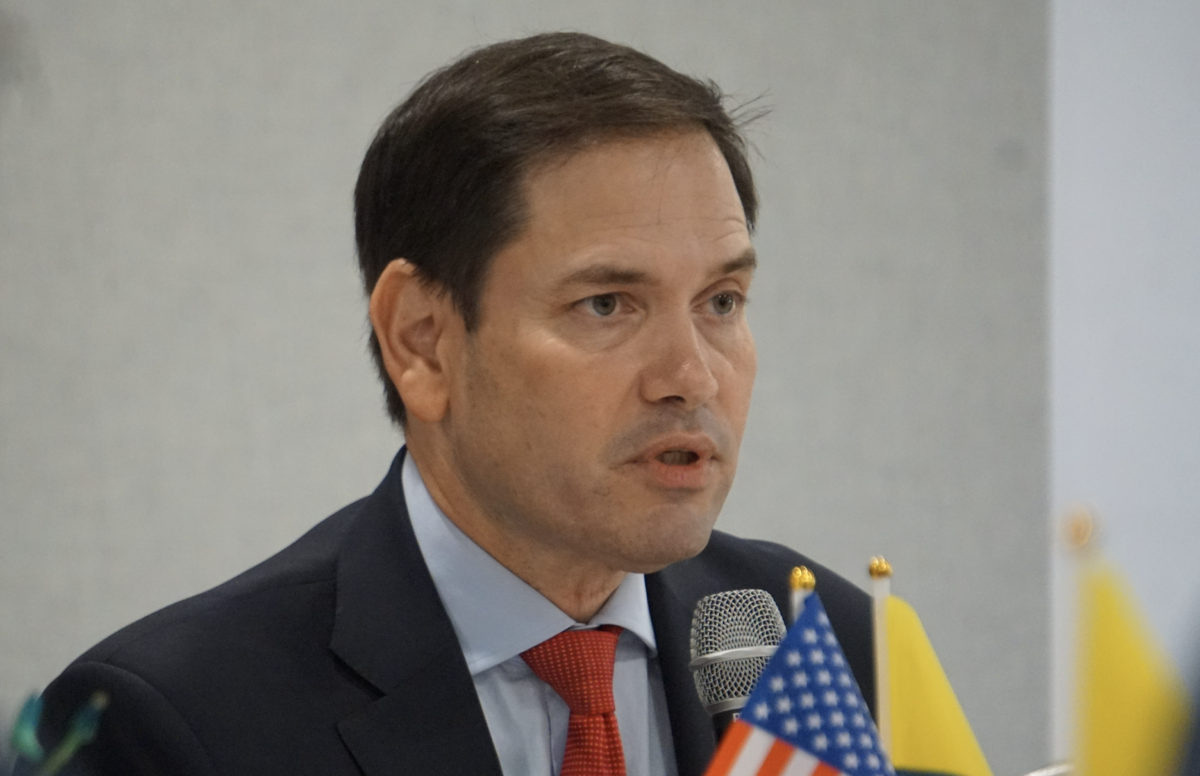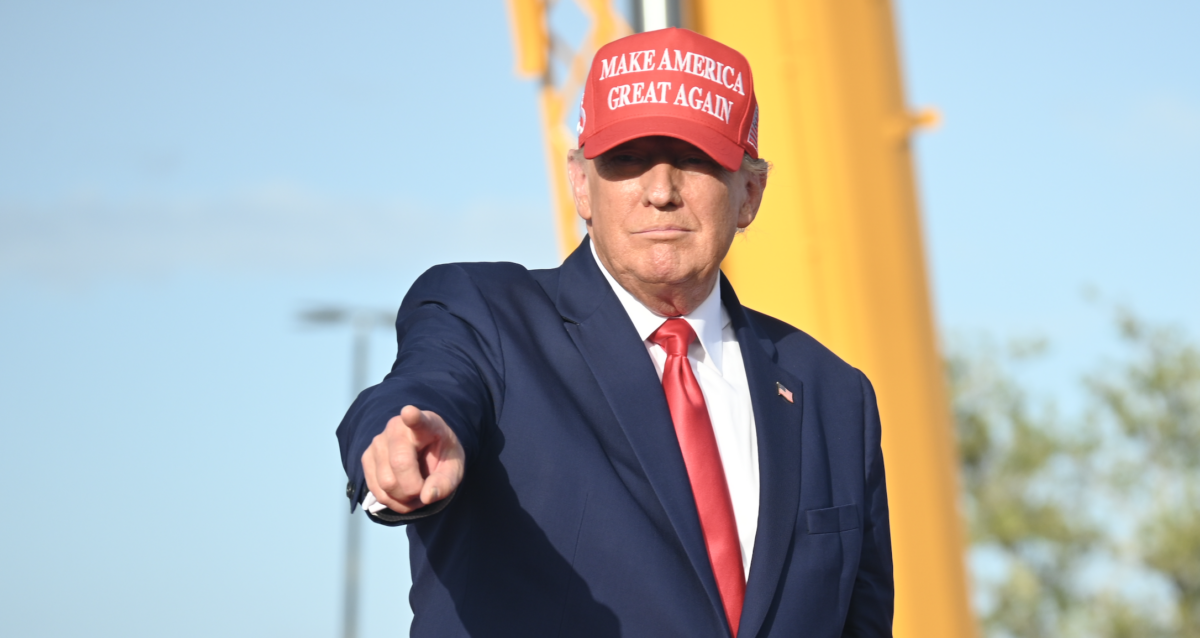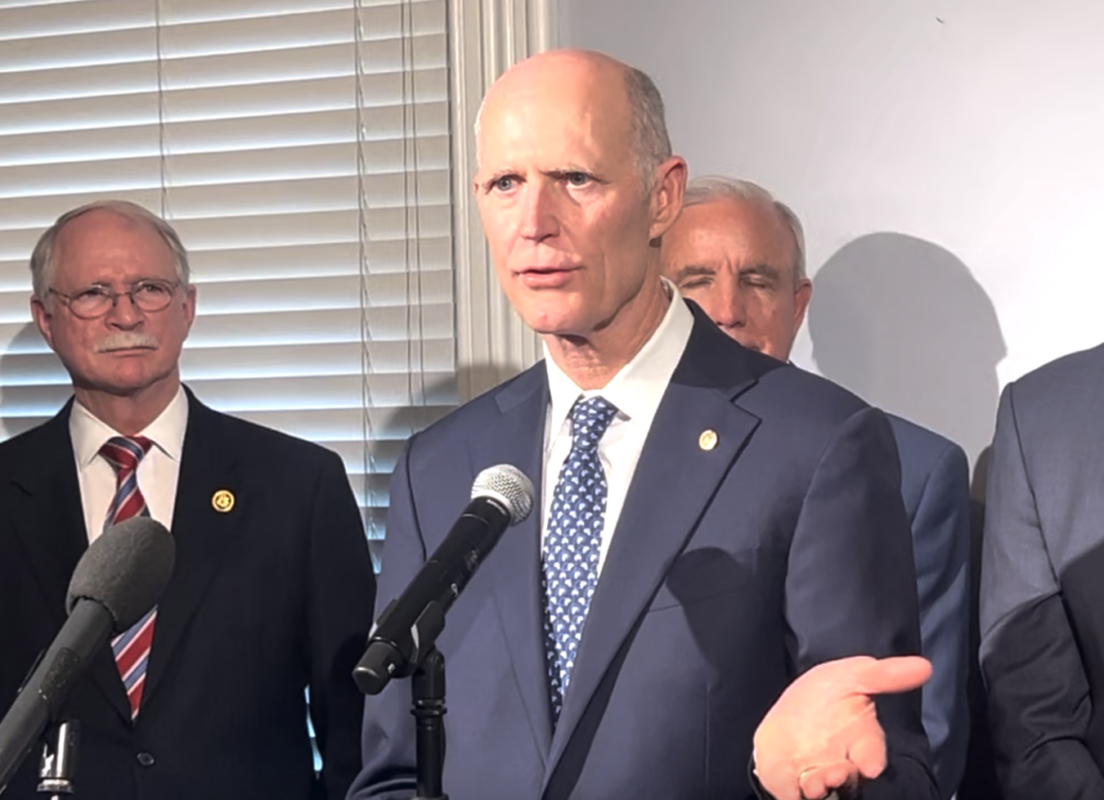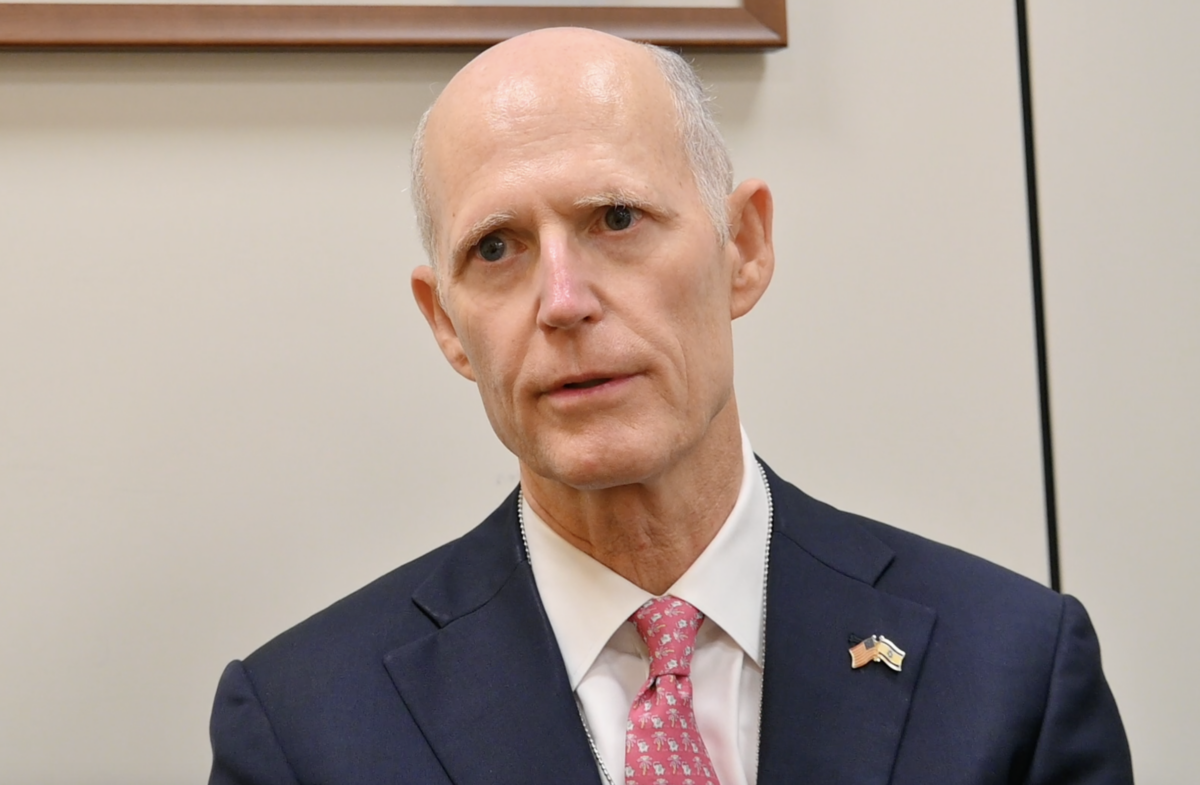The Supreme Court ruled in favor of the Computer and Communications Industry Association’s (CCIA) censorship case concerning the constitutionality of state legislation such as Florida’s SB 7072 and Texas’ HB 20. The high court sent both bills down to the lower courts to be adjudicated further.
In short, the respective bills do not allow big tech companies to moderate their content or their users’ speech – the provision that CCIA argues violates the First Amendment rights of a private business to maintain its platform due to government interference.
CCIA President Matt Schruers released a statement following the court’s decision.
“We are encouraged that a majority of the Court has made clear that the government cannot tilt public debate in its favored direction,” said Schruers. “There is nothing more Orwellian than government attempting to dictate what speech should be carried, whether it is a newspaper or a social media site. Our Founding Fathers understood the importance of the right to speak or not speak without government interference and made this a cornerstone of our democracy when they ratified the First Amendment. We look forward to continuing our advocacy for the First Amendment as these cases return to lower courts in Florida and Texas.”
Both parties are attempting to curb speech suppression but in different ways.
CCIA argues that private companies should not have to listen to the government’s demands to compel their speech or change their community guidelines to allow all speech on their platform.
For instance, CCIA argues that if the government calls on a private social media platform such as Instagram to put out an alert on their app to wear a mask, they should not have to comply. Additionally (this is the case of the Florida bill), if a user on Instagram’s platform says something that goes against the rules set forth by the app, CCIA argues that the app should not have to withhold their discipline of the user because the law requires it.
Furthermore, The Floridian asked CCIA in May about which statute – the Florida or the Texas bill – they felt more comfortable arguing against in the Supreme Court.
CCIA’s Vice President Stephanie Joyce stated that “both statutes are deeply and widely problematic” and were “enacted to prevent websites from making choices.” Joyce concluded, “They’re not identical, but both statutes are equally at risk of being overturned and equally violative of the First Amendment.”
Florida’s bill argues that social media has become a digital town square where free speech should reside. Therefore, limiting speech would be an act of tyranny on its own.
Following the bill’s passage in May of 2021, Governor Ron DeSantis (R-FL) stated that Big Tech will be “held accountable” for indiscriminately enforcing rules.
“This session, we took action to ensure that ‘We the People’ — real Floridians across the Sunshine State — are guaranteed protection against the Silicon Valley elites,” said Gov. DeSantis. “Many in our state have experienced censorship and other tyrannical behavior firsthand in Cuba and Venezuela. If Big Tech censors enforce rules inconsistently, to discriminate in favor of the dominant Silicon Valley ideology, they will now be held accountable.”
A bill designed to protect the spirit of the First Amendment could ultimately be rejected by the protections of the First Amendment.

